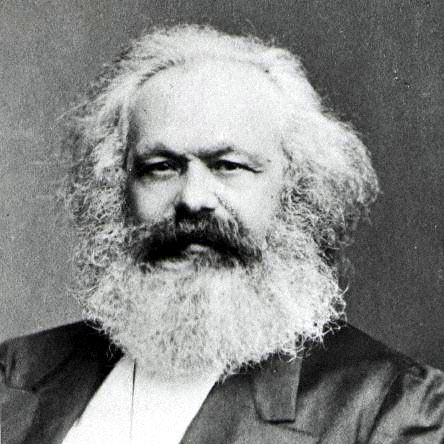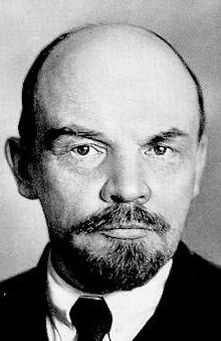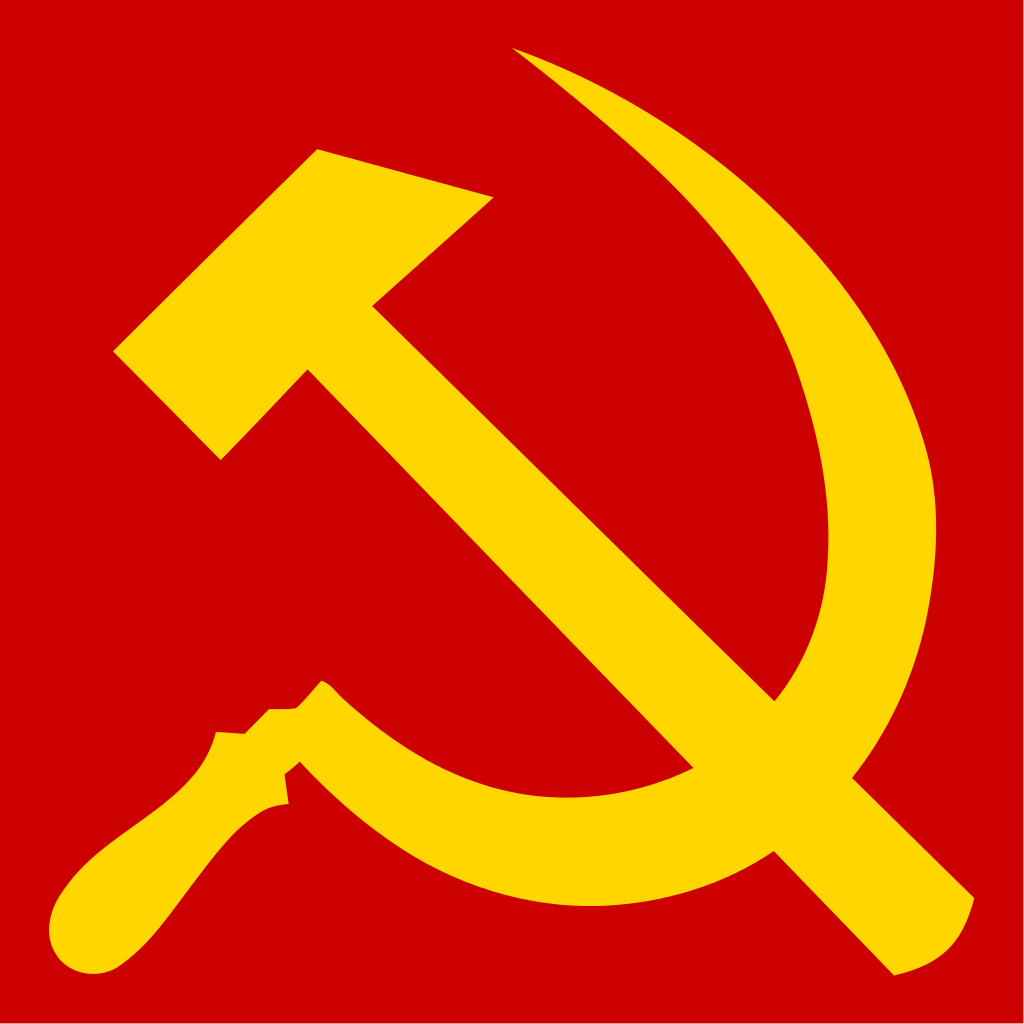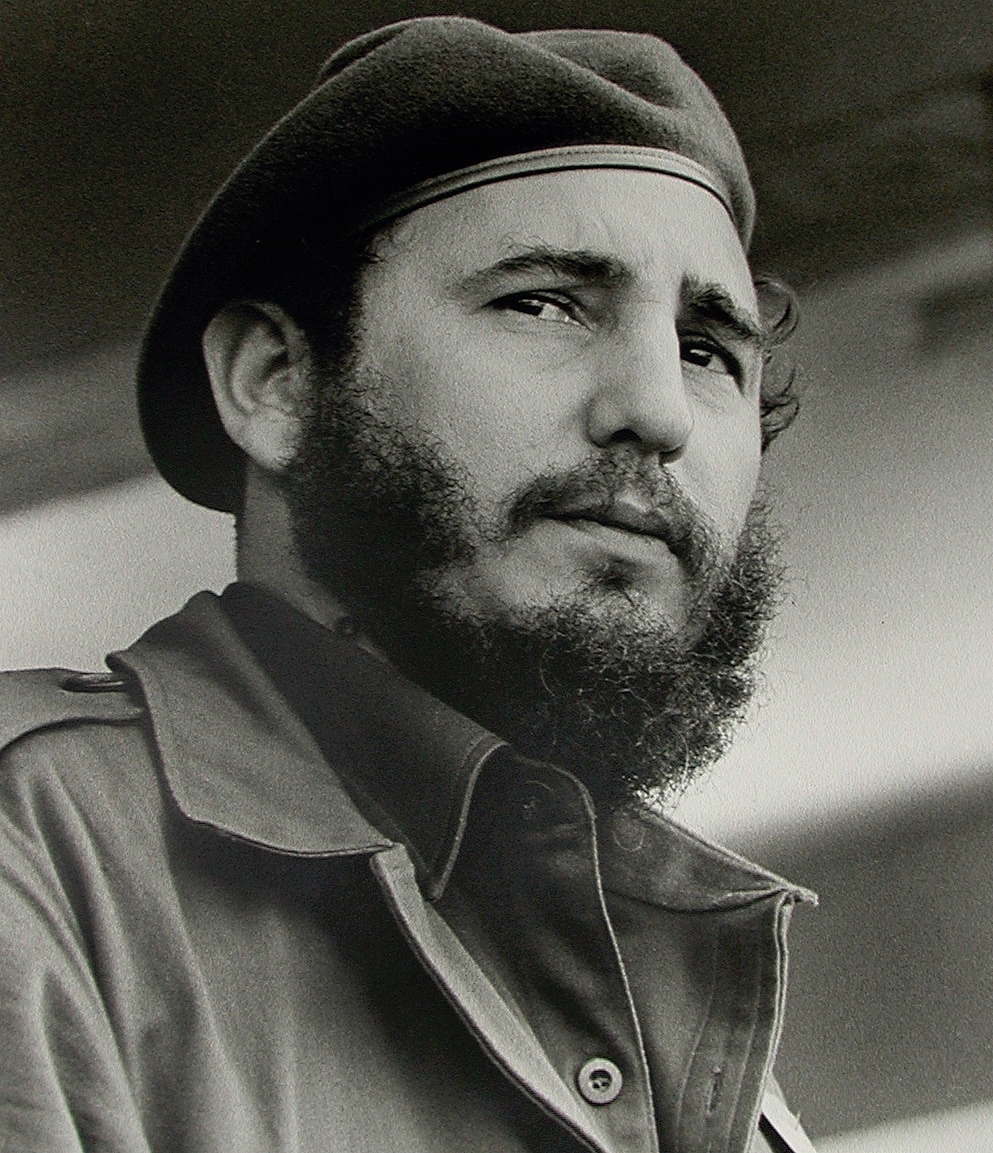COMMUNISM
|
Communism is an economic and political system that is based on the principles of socialism, especially the earlier development of Marxism and the ideas of Karl Marx as expressed in the Communist Manifesto. Similar to Marxism, communism is centered on the idea of establishing a society based upon public ownership of the means of production and the removal of any form of social classes. For example, communism generally focuses on the conditions of the working-class, and the wide income gap that existed in laissez-faire capitalist societies. Laissez-faire capitalism was the dominant economic system in Europe during the 19th century and, in general, was based upon little or no government intervention in the economy.
|
At the time, some argued that laissez-faire capitalism was favorable to the wealthy while devastating for the working-class people. Socialism developed as a response to how some felt about laissez-faire capitalism and its apparent failings. As a theory, communism is concerned with correcting this imbalance and creating a society based upon an equitable distribution of the income with no class divisions. As stated previously, communism emerged out of the ideas of Marxism, but distinguished itself from other socialist ideologies when it first emerged in the 20th century.
|
The first country in the world to adopt communism was Russia during the events on the Russian Revolution in 1917. At the time, Russia was rule by Tsar Nicholas II, who, in the opinion of Russian peasants, was failing to meet the needs of the country. Russia was a society that was sharply divided and the poorest Russians struggled to survive day-to-day. Poverty was widespread, especially among Russian peasants, who worked for the landowning nobility. This all combined to set the stage for a revolution against the Tsar and his rule over Russia. In 1917, Vladimir Lenin led a series of revolts against Tsar Nicholas II. Lenin was the leader of the Bolsheviks, who were a communist organization that sought to gain power over Russia. Lenin referred to himself as a Marxist and promoted the idea of establishing Russia as the world’s first communist state. Soon, Tsar Nicholas II and his family were imprisoned and Lenin and the Bolsheviks assumed power over Russia. Russia transformed into the Soviet Union and remained a communist state until the early 1990s. The history of communism in the Soviet Union is important to understand because it displays the connection between communism and the political system of a dictatorship.
|
A dictatorship is a political ideology in which the leader holds all the power in a given society and often maintains power through terror and violence against his own citizens. Throughout the 20th century, the Soviet Union was dominated by a series of dictators that used their power to form a communist state while also protecting and centralizing authority in themselves. This is an important distinction because while communism is similar to other forms of socialism in many ways, the inclusion of a dictator separates it politically. For example, in the Communist Manifesto, Karl Marx argued in favor of a classless society based upon public ownership. While communist societies such as the Soviet Union are based on public ownership, the nature of a dictatorship means that they are inherently not classless, since the dictator and the federal government control the central authority of the government. As such, communist countries are often referred to as having a command economy.
|
A command economy is one in which the economic decision-making of a country is done by a central authority. For example, the central authority issues command about the basic functions of the economy, including: what goods and services should be produced; how should goods and services be produced; who should receive the goods and services that are produced? Communists argue that a command economy is beneficial to society because it: provides a strong central means of production for easy coordination, allows the government to carry out comprehensive economic planning and avoids the issues associated with capitalism, such as: wide income gap and poor conditions for the poor and working-class. Alternatively, those against the principles of communism argue that a command economy is harmful to society because: large-scale economic planning is difficult, and the government may not necessarily meet the needs of all of its people, the economy is reliant on a single source for decision-making, and freedom of choice for producers and consumers is limited.
|
Communism in the Soviet Union also played an important role in Cold War, which occurred between the United States and the Soviet Union from the end of World War II in 1945 until about 1990. At its heart, the Cold War was an ideological divide between the two countries since the Soviet Union was based on communism and the United States was based upon capitalism and democracy.
|
While communism emerged in the early 20th century with the Russia Revolution, it still remains in a few areas of the world today, including: Cuba and North Korea. Similar to the Soviet Union, the history of Cuba is that of a dictator who imposed communist principles on the country. Dictator Fidel Castro brought communism to Cuba in 1959 as part of the Cuban Revolution. It remains communist today even though Castro recently died. Castro ruled over the country as a dictator but instituted several reforms based on the idea of public ownership, including universal healthcare. For example, Cuba is known for its publically funded healthcare system that provided Cuba with a low infant mortality rate and an excellent ratio of doctors to patients. With that said, Cuba is also known for a lack of human rights and the imprisonment of political opponents who openly protest against the dictatorship in the country. In general, communism is a political and economic ideology that, while supposed to be about removing class distinctions in society, is operated very differently in practise. Regardless it is a significant ideology that has had a profound effect on the world in the past and still today.
|




